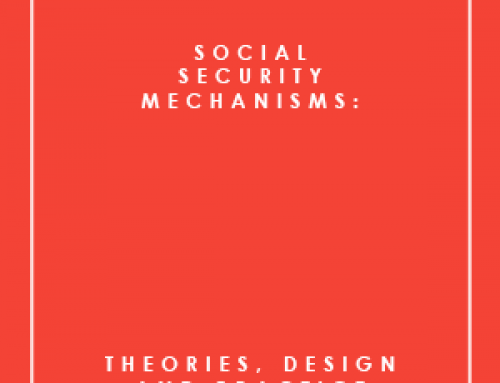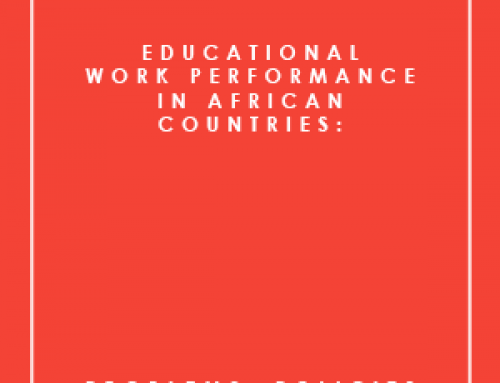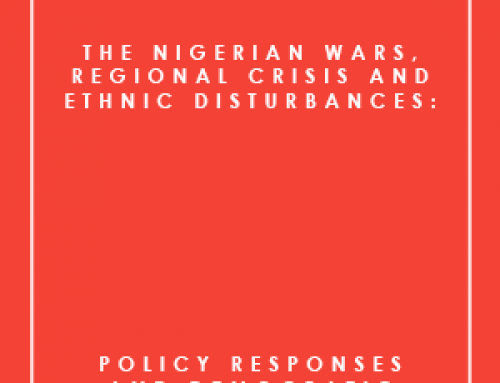Project Description
Poverty amid plenty is the world’s greatest challenge. This study proposes an applied (computable) general equilibrium approach that is a re-new attention to the problem of poverty, employment and inequality that earlier strategies focusing on rapid growth were
unable to resolve. Using Nigeria as a case study, we perform the specification, estimation and calibration of a poverty-based model within a data framework of social accounting matrix (SAM). The research output is expected to be the policy response to the envisaged complex humanitarian emergencies (CHES) facing poor countries such as Nigeria.
Good health is a crucial part of well being but spending on health can be justified on economic grounds. The goal of reducing poverty provides a different but equally powerful case for health investments. However, if policy makers are to accelerate the substantial health gains of recent decades, especially for the poor in African countries such as Nigeria, the agenda for reform is clear. Therefore, the thrust of this project is to formulate a model – based viable health policy reforms framework that will guarantee the attainment of the United Nations Millennium Development goals (as well as the capacity to live longer, healthier and more productive lives).






